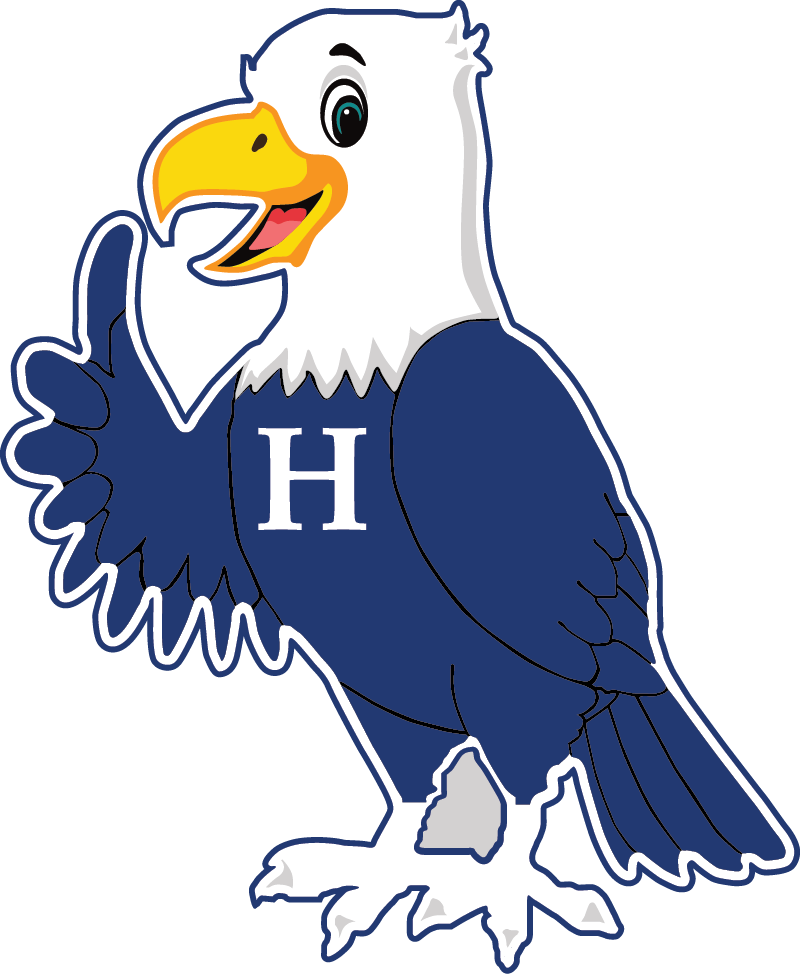Achievement Gap Reduction (AGR)
The AGR program provides intensive academic and instructional support to Wisconsin schools working to close the achievement gap between kindergarten through third-grade students from low-income backgrounds and students in the same grade and subject statewide. Milwaukee Public Schools with AGR funding may implement key strategies in their kindergarten through third-grade classrooms such as instructional coaching for teachers provided by a licensed teacher.
Junior Achievement of Wisconsin
The Junior Achievement of Wisconsin program inspires and prepares young people to succeed in a global economy. Junior Achievement of Wisconsin provides activities, guides, thought leadership and other resources to support age-appropriate learning about leadership, jobs, money and more. Lessons are organized according to the Milwaukee Public Schools Social Studies curriculum and are implemented in K5 classrooms, continuing through fifth grade.
Love My Air Wisconsin
Love My Air Wisconsin (LMA WI) is a school-based program that provides real-time air quality data to schools via a sensor. School staff and families can then use the data to make informed decisions about student exposure to poor air quality. Teachers can also incorporate the air quality data into lesson plans to provide hands-on, practical learning opportunities for students. Students, families, school staff and community members all benefit from LMA WI’s air quality education, and the opportunity to take action steps to protect their health.
Positive Behavioral Interventions and Supports (PBIS)
Milwaukee Public Schools uses PBIS to promote positive student behavior. After years of use, districts across the country, MPS included, are reporting increases in student achievement, more positive school environments, and fewer classroom disruptions and disciplinary referrals.
PBIS uses a three-tiered approach. Tier one teaches expectations to all students and promotes collaboration and consistency in the classroom: Teachers and students co-design agreements and routines that align with school expectations. Tiers two and three provide structure, interventions, and follow up for students who need more support.
STARBASE
STARBASE Wisconsin is an interactive academic program that helps youth increase their knowledge in STEM. Fifth grade students are taken on a five-week odyssey into the exciting world of the sciences though hands-on activities and experiments, technology projects, and interaction with professionals in STEM fields. The U.S. Department of Defense has funded STARBASE programs around the country for over 20 years. As the largest employer of civilian and military scientists and engineers, the DoD recognizes the importance of inspiring students to pursue STEM fields.
Urban Ecology Center
The Neighborhood Environmental Education Project (NEEP) engages classes through field trips to local green spaces that enrich the classroom curriculum. Urban Ecology Center educators engage students through hands-on activities, indoors and outdoors. Students may learn about local habitats, identifying plants, finding signs of animal life, or building forts with classmates! Rain or shine, snow or wind, every trip has a portion outdoors and is engaging for all students and parent chaperones. Urban Ecology Center has outerwear available to borrow so all participants may explore in any weather. There are three Urban Ecology Center locations; most schools partner with one less than two miles from their school.
